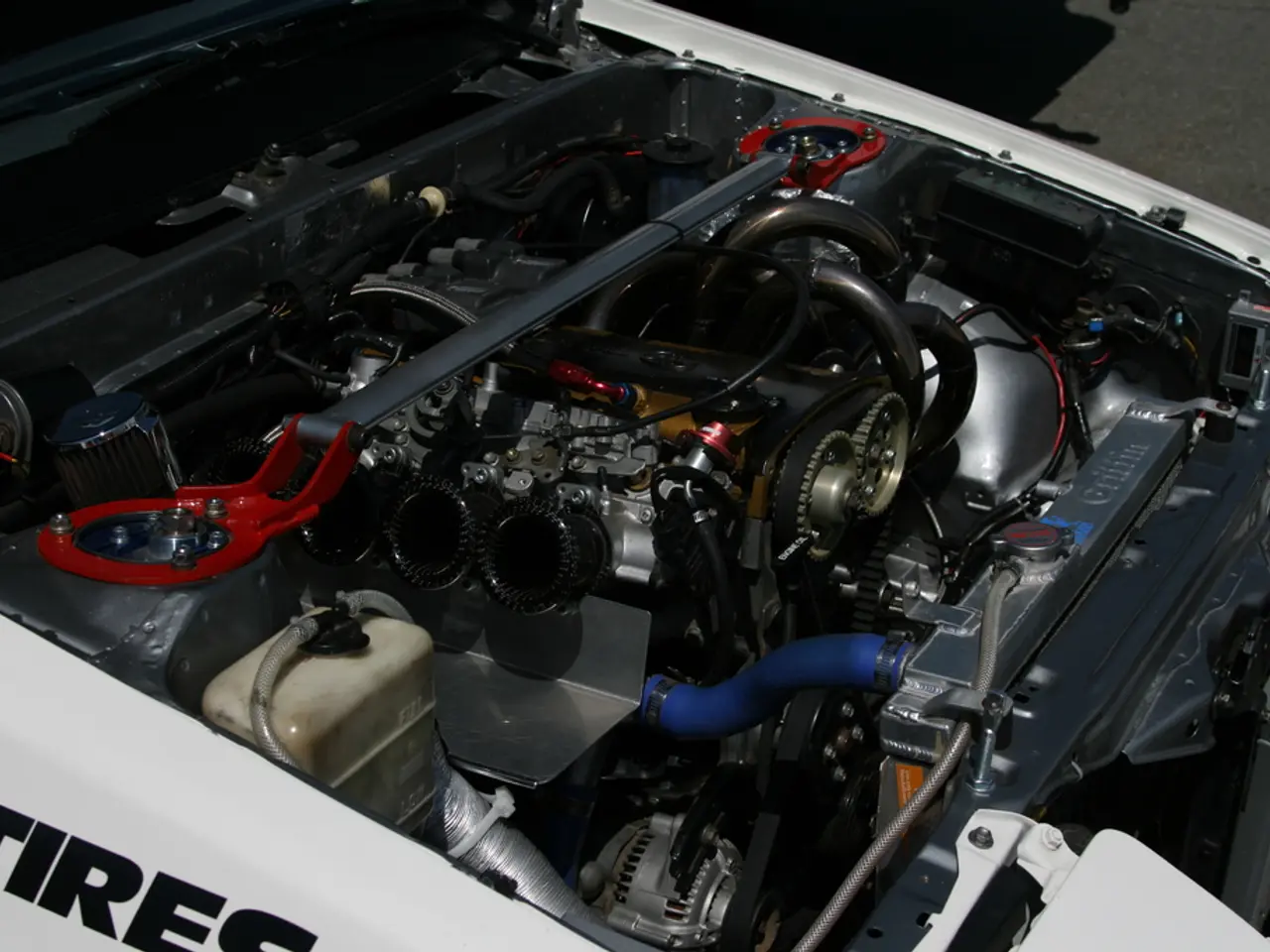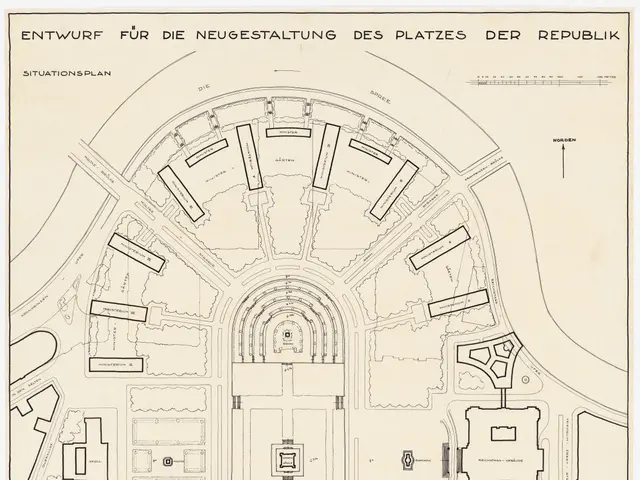Germany’s gas-fired power push faces investor skepticism despite Uniper’s hydrogen plans
The German federal government has revealed plans to build new gas-fired power plants to replace coal during the phase-out. Uniper, a major energy company, is set to contribute significantly to this project. Uniper is expected to provide two gigawatts of capacity through its hydrogen-ready power plants. This comes as the initial plan envisions new plants with a total capacity of twelve gigawatts. The company's share price, however, has been affected by shareholders' disappointment with the government's scaled-back news, closing at €28.95 on Friday, close to its 52-week low of €27.30. Despite this, optimists argue that Uniper remains on a growth path, leaving room for upward potential in its stock. The market, however, has shown dissatisfaction with modest progress, and it's uncertain when the deadlock might break. Several other sites for new gas-fired power plants are reportedly in advanced planning stages, with companies like RWE and Steag Iqony Group also ready to contribute capacity amounting to several gigawatts with hydrogen-capable and highly efficient plants, aiming for operation starting around 2030 to 2032. Uniper, along with other companies, is poised to play a significant role in Germany's energy transition. Despite recent share price fluctuations, the company's focus on gas-fired power plants remains steadfast, with news for new plants underway and expected to be operational in the next decade.
Read also:
- Federal Funding Supports Increase in Family Medicine Residency Program, Focusing on Rural Health Developments
- Potential Role of DHA in Shielding the Brain from Saturated Fats?
- Alternative Gentle Retinoid: Exploring Bakuchiol Salicylate for Sensitive Skin
- Hanoi initiates a trial program for rabies control, along with efforts to facilitate the transition from the dog and cat meat trade industry.





